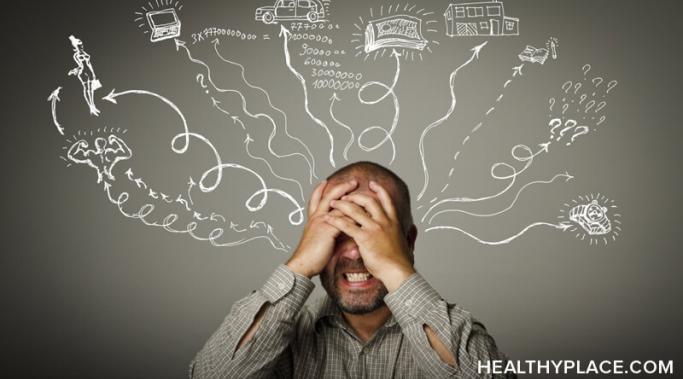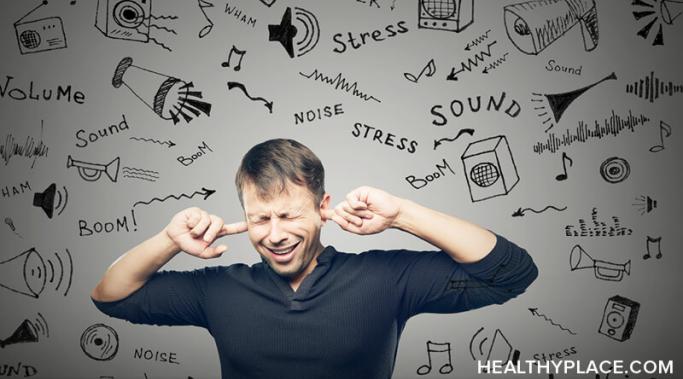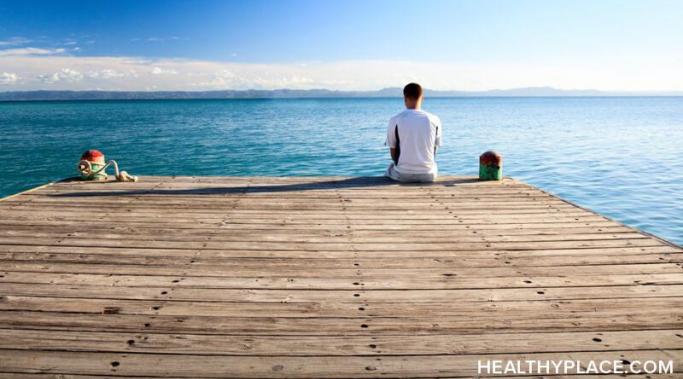Does exercise help you cope with anxiety? You've heard it before. You've been told to exercise to help your anxiety. But how are you supposed to do that when you have a million things on your mind? You don't get much sleep, you are often moody, and you can't seem to concentrate on anything. Exercise is the last thing you are thinking about and the last thing you want to do.
Living with Anxiety
Have you found that you have often lost sleep due to worry and anxiety?
One of the biggest challenges I faced when I was in graduate school was trying to manage my time effectively. At the time, I was a full-time student, employee, mother, and wife. Juggling multiple roles was extremely difficult, and it often felt as though there were not enough hours available in the day. As someone who struggles with anxiety, you can imagine that this made my anxiety symptoms worse. I frequently experienced panic attacks, irritability, and constant worry. I was often sick and had a hard time staying focused. Eventually, I worked on ways to manage my day, and this is something I continue to work on.
What is the hypothalamic-pituitary-adrenal axis (HPA axis) and how does it create a stress response that triggers anxiety? Anxiety that comes up without any rhyme or reason is frustrating and a sign of the HPA axis in action. You can be feeling relaxed and calm doing something you enjoy, and yet somehow your body still starts telling you it's time to feel anxious. When this happens, it can be really difficult to cope because there isn't anything you can identify that is making you feel this way. In these times, understanding the physiological process involved in the experience of anxiety can help you relax through the experience and reduce your anxiety, so today I'm going to discuss the HPA axis and its role in anxiety.
Sensory overload anxiety can be a real problem for highly sensitive people (HSP). While not all highly sensitive people face intense anxiety, it’s common for highly sensitive people to experience sensory overload anxiety from common, everyday occurrences. But with the right anxiety coping skills, we can better prepare and cope with the challenges of living as a highly sensitive person with anxiety.
Stress amplifies anxiety. Part of self-care is managing that stress and doing what we can to keep ourselves from feeling overwhelmed. Sometimes this means reducing our activities and obligations, even ones we like and would prefer to keep. It is for this reason that my time writing the Treating Anxiety blog must come to an end.
Do family holidays trigger your anxiety? Family relationships can trigger anxieties, so chances are that the holidays are particularly challenging. While holidays can be a time to connect with loved ones, there are many situations that may lead to anxiety symptoms. The question becomes, "How can we deal with anxiety triggers when family holidays are around the corner?"
The after-effects of a panic attack rarely include immediate relief. Living with severe anxiety and panic disorder means remaining constantly vigilant – of ordinary events, special events, people and our anxiety disorder itself. We worry and we watch, wanting to control what we can and, at least, predict the rest. That’s partly what makes a panic attack so difficult to experience. When the panic attack ends, the after-effects of a panic attack begin.
It makes sense for anxious people to manage anxiety with food--after all, we’ve all heard the saying “you are what you eat.” When it comes to mental health, knowing foods that help or hurt you is especially important. Partaking in some foods or drinks, such as alcohol, can make us anxious and depressed in the long term. Consuming others, like the ones below, can calm our minds and help manage anxiety with food.
Is there a good way to manage anxiety about world events if you're an empath? If you feel like the world is falling apart, you’re not alone. Although empathy is more acutely developed in highly sensitive people, you don't have to be an empath to feel anxious. So it’s pretty easy to feel overwhelmed these days, especially with this week’s tragic incident in Las Vegas. Everywhere we turn, it seems we see endless violence and natural disasters. Managing the anxiety caused by world events takes special skill.









